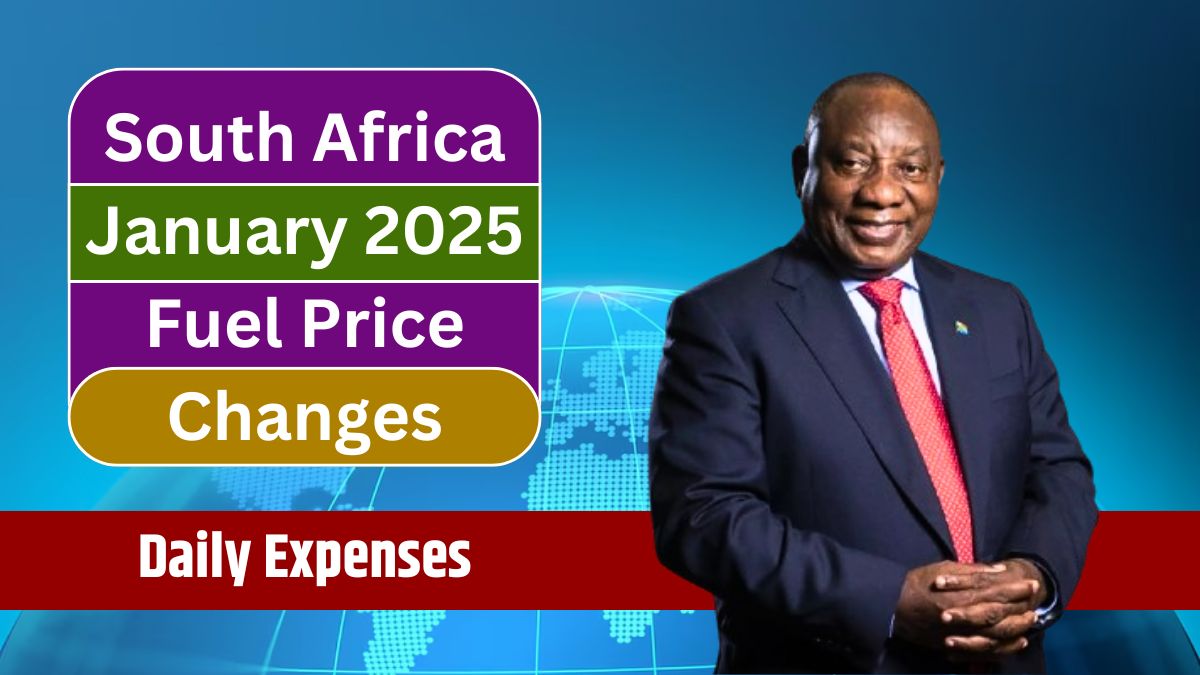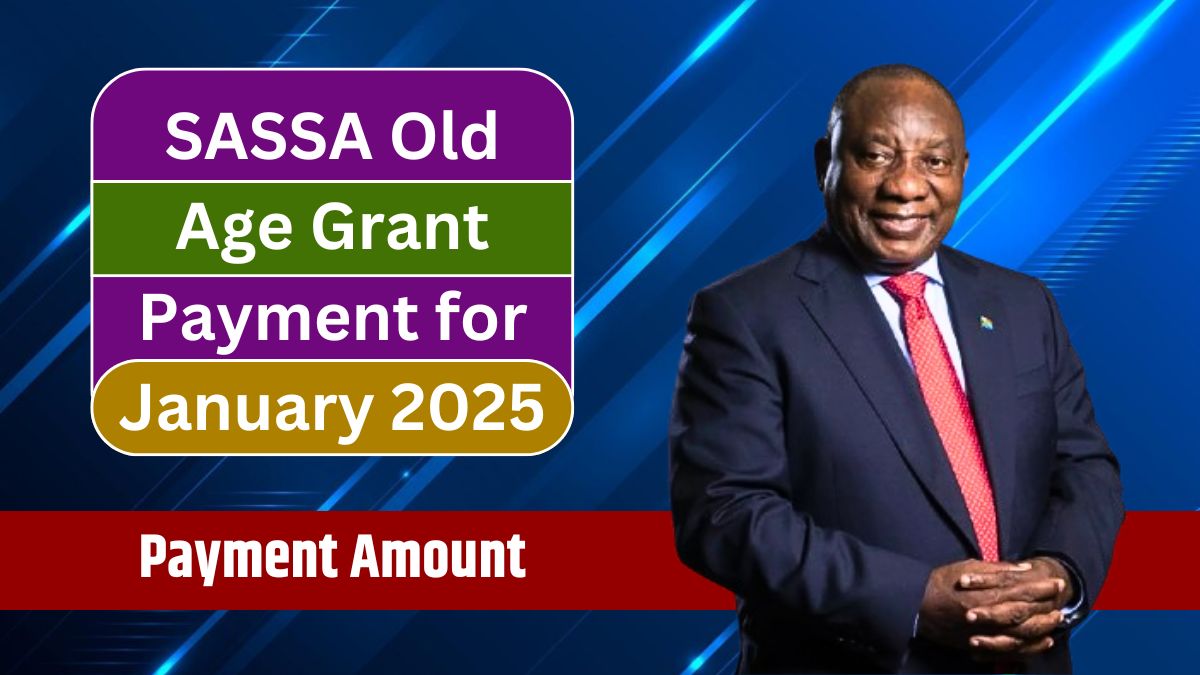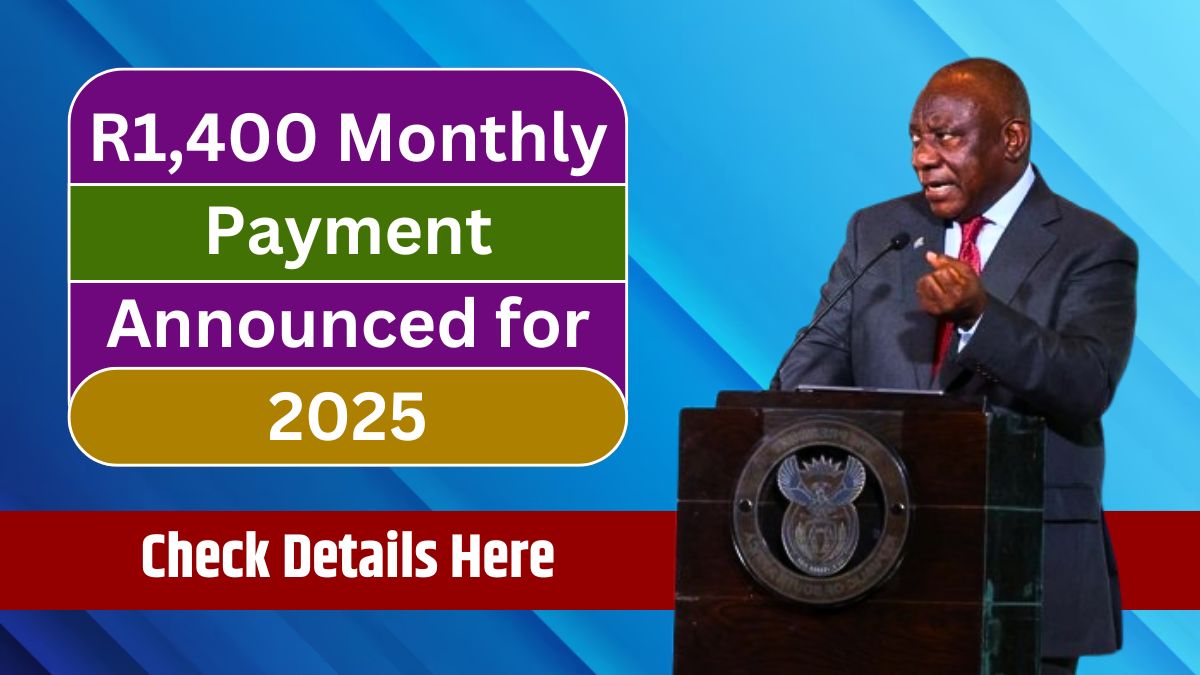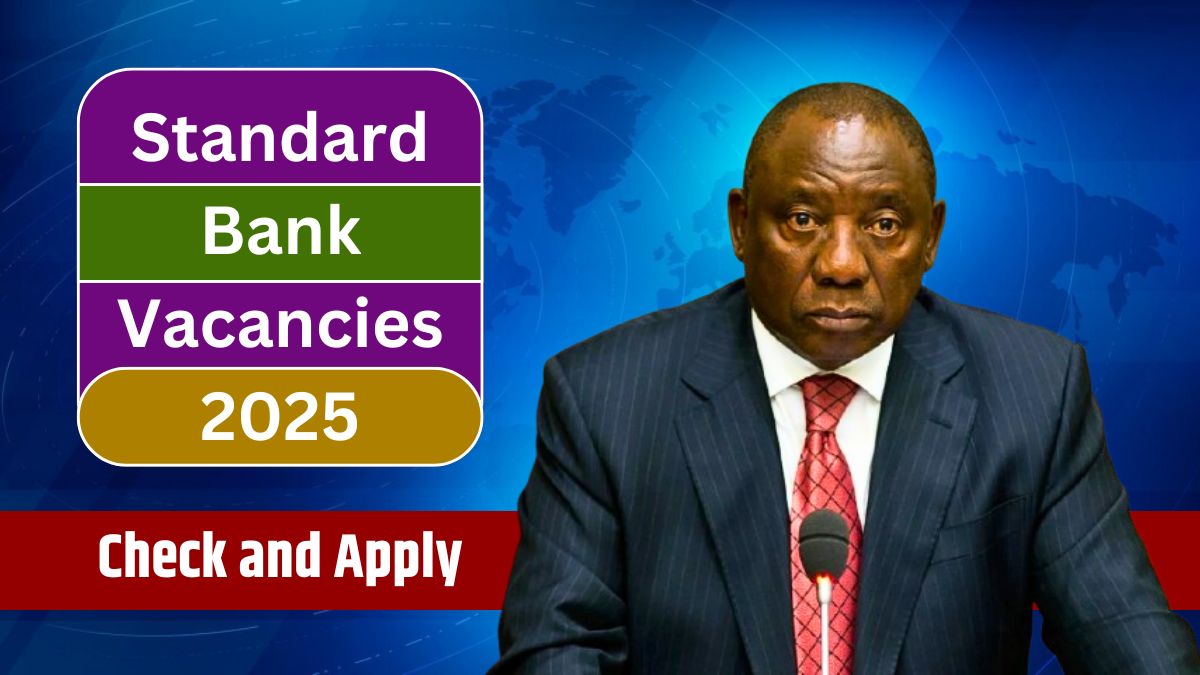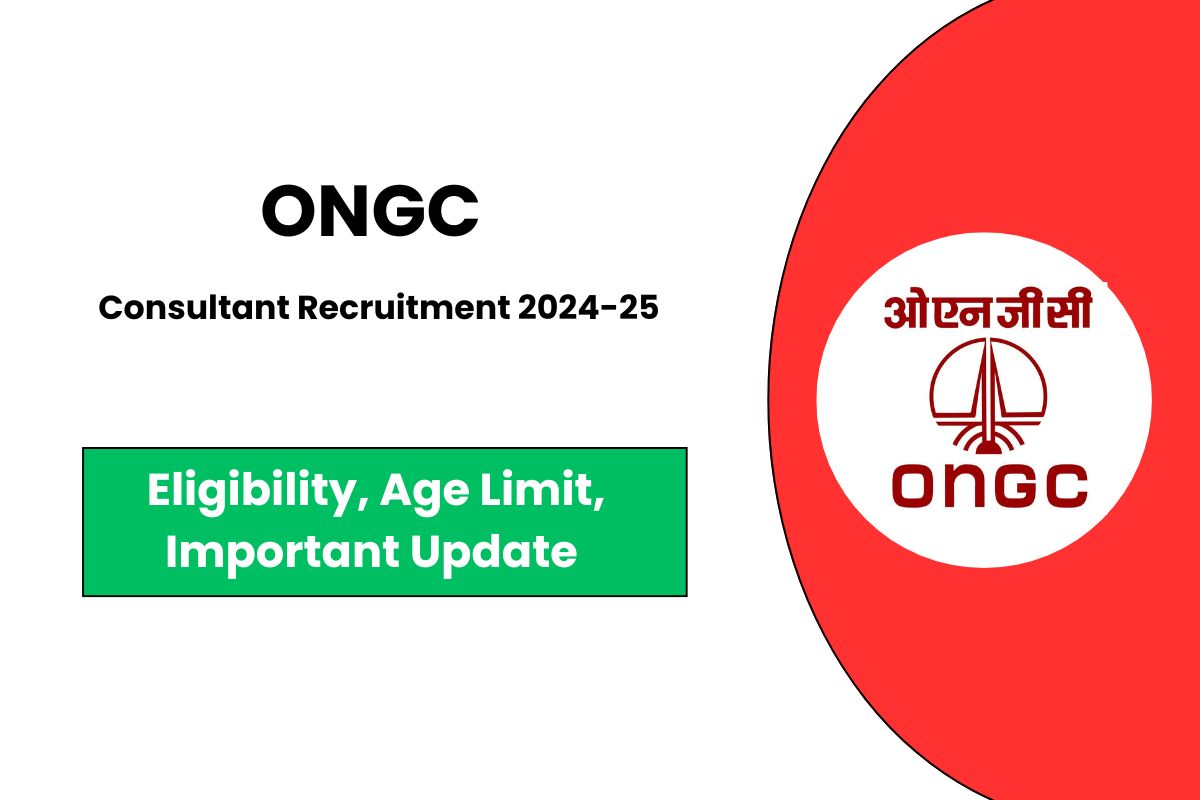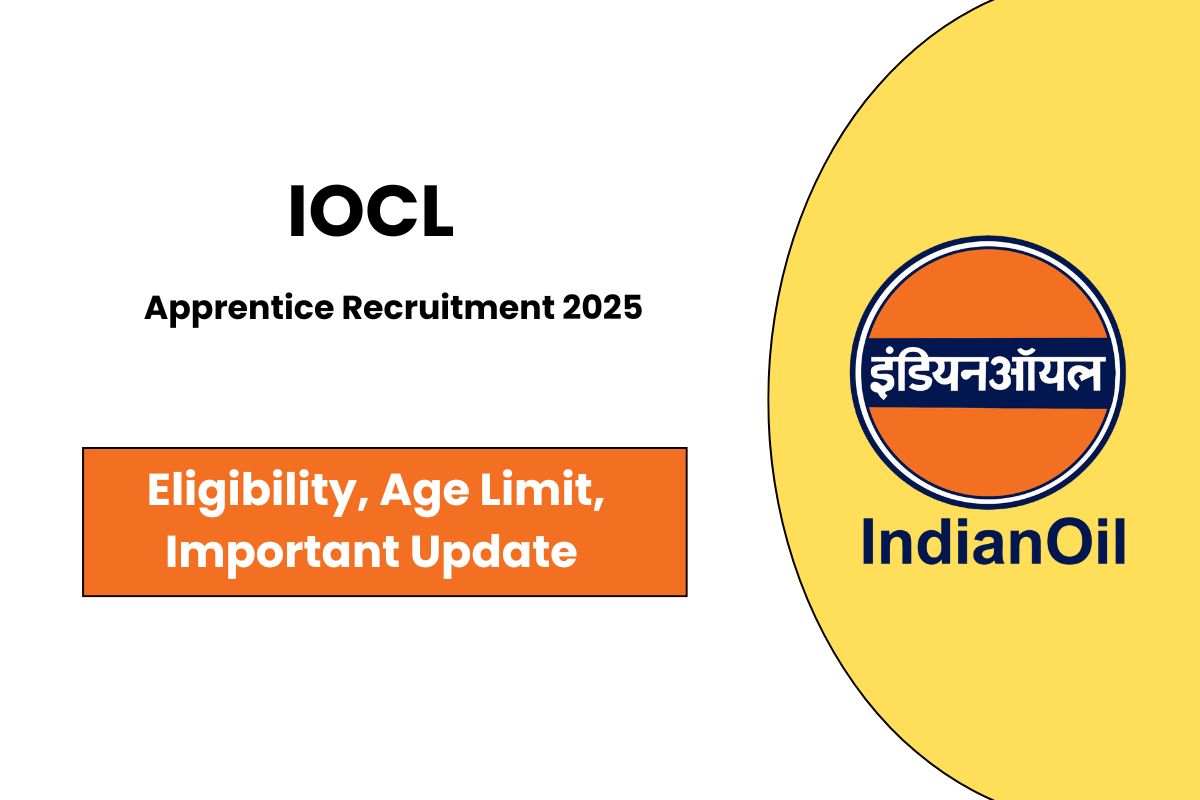January 2025 brings a mixed bag for South African motorists as fuel prices adjust once again. While petrol prices see a modest increase, diesel prices face a sharper rise, impacting budgets, transport costs, and the economy at large. Let’s break down these changes, their causes, and how they’ll affect your day-to-day life.
January 2025 Fuel Price Updates
| Fuel Type | Price Increase | Inland Price | Coastal Price |
|---|---|---|---|
| Petrol 93 ULP | +17 cents/litre | R21.15 | N/A |
| Petrol 95 ULP | +17 cents/litre | R21.47 | R20.68 |
| Diesel 50ppm | +56 cents/litre | R19.33 | R18.57 |
| Diesel 500ppm | +55 cents/litre | R19.33 | R18.57 |
The diesel price hike is particularly significant, with implications for industries reliant on diesel, such as logistics and farming.
Why Are Fuel Prices Increasing?
Several factors contribute to the rising costs in January 2025:
1. Global Oil Prices
Although Brent Crude Oil prices dipped slightly to $72.70 per barrel, the decline wasn’t enough to offset other pressures.
2. Exchange Rate Fluctuations
The Rand depreciated from R17.53 to R17.93 against the US Dollar, raising import costs for crude oil and refined products.
Example: Importing 100,000 barrels of oil last month cost R1.75 million; this month, it costs R1.79 million.
3. Seasonal Diesel Demand
Northern Hemisphere winters drive up global demand for diesel and paraffin for heating, resulting in higher prices locally.
4. Logistics and Shipping Costs
Rising global shipping rates have added to the cost of transporting fuel to South Africa, further inflating prices.
Impacts on South Africans
The fuel price hikes will be felt across various aspects of daily life, from commuting costs to the price of goods and services.
1. Transportation Costs
- A 17-cent increase adds R8.50 to a 50-litre petrol tank.
- Diesel users face steeper costs, with up to R28 more per 50-litre fill-up.
2. Goods and Services
Higher transport costs for businesses relying on diesel will lead to:
- Groceries: Increased food prices, especially for items transported long distances.
- Deliveries: Higher fees for online shopping and logistics.
3. Household Energy
Households using paraffin for heating or cooking will pay R11 more per 20 litres.
4. Shift to Electric Vehicles (EVs)
Rising fuel costs are encouraging a move toward electric vehicles and renewable energy. Though EVs have higher upfront costs, their long-term savings can make them worthwhile.
Practical Tips
Here are steps to ease the burden of fuel price hikes:
1. Plan Efficient Travel
- Combine errands into a single trip.
- Use fuel-saving apps like Waze or Google Maps for optimal routes.
2. Carpool or Use Public Transport
- Share commuting costs with colleagues.
- Explore ride-sharing, buses, or taxis when feasible.
3. Maintain Your Vehicle
- Keep tires inflated to the recommended pressure.
- Schedule regular tune-ups to maximize efficiency.
- Avoid heavy acceleration and sudden braking.
4. Stay Updated
Monitor fuel price changes using apps or the Department of Mineral Resources and Energy website.
5. Renewable Energy
- Research government incentives for EVs and solar power installations.
- Consider hybrid vehicles for greater fuel efficiency.
Key Takeaways
Fuel price adjustments in January 2025 underscore the ongoing challenges posed by global markets, exchange rates, and seasonal demands. While petrol users face manageable increases, diesel price hikes will have broader implications for industries and households alike. Staying informed, adopting fuel-saving strategies, and considering renewable energy solutions can help you manage these changes effectively.
FAQs
How much has petrol increased?
Petrol prices have increased by 17 cents per litre.
Why is diesel more expensive than petrol?
Diesel prices rose due to seasonal demand and higher global shipping costs.
What is the current price of Brent Crude Oil?
Brent Crude Oil is priced at $72.70 per barrel.
How can I save on fuel costs?
Carpool, plan trips, maintain your car, and explore EV options.
Will goods become more expensive due to fuel hikes?
Yes, higher transport costs can increase the price of goods.
